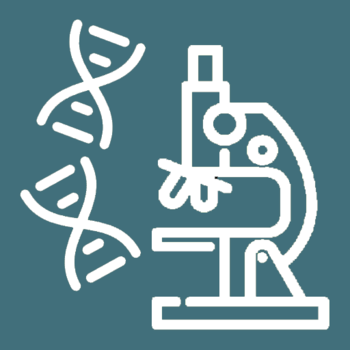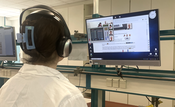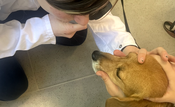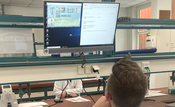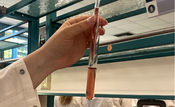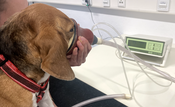School of Veterinary Medicine
Service Navigation

Your contacts...
for technical questions...
are your current lectures
to answer organizational questions...
- in the overview: Notice board
- in general
please write an e-mail to physiologie@vetmed.fu-berlin.de - in the context of physiological exercises
please contact us via e-mail: physiopraktikum@vetmed.fu-berlin.de - in the field of IT (information technology)
please send an e-mail to manfred.sommerer@fu-berlin.de
To protect your data, we ask you to use only your e-mail address (formerly ZEDAT, now FUBIT) assigned by the central data processing department when communicating with us! Please always provide the following data:
- Name, matriculation number and semester of study
- What´s about (entry in Blackboard, attendance etc. with course details)?
- Which period (current semester, previous semester...) are you talking about?
Why a Practical training?
Exercises allow students to develop their skills and transfer what they have learned in theory into practical application. An important focus is on skills in the acquisition and evaluation of numerical parameters, which make life processes objectively measurable. To consolidate these skills, students carry out numerous experiments on humans, animals, blood and other preparations. In the non-invasive investigations of physiological parameters on living animals, the species-appropriate handling of the animal is an important additional training objective. These examinations are supplemented by virtual experiments on the PC. All exercises are illustrated in an interactive and individually usable tet.folio book. This also makes it possible to cater to the needs of people with specific learning requirements.
Veterinary Medicine
The lecture 'Physiology I' starts in the 2nd semester. The lecture series 'Physiology II' follows in the 3rd semester. In the 4th semester, the block 'Physiology III' is held in close cooperation with the Institute of Veterinary Biochemistry, which covers a variety of clinically relevant topics and is therefore called 'Clinical Biochemistry and Physiology III'. During this time, the series is supplemented by 'Physiological Exercises', in which students are given the opportunity to apply and deepen their theoretical knowledge in practice. The lectures are supplemented by lectures in the 3rd semester, which are small group seminars designed to consolidate the knowledge acquired through attending lectures and self-study. Various compulsory elective courses also provide a broader insight into scientifically and clinically relevant physiological areas.
Equine sciences, agricultural sciences
In addition to the 'Veterinary Medicine' degree program, the Institute is also part of the 'Equine Science' mono-bachelor's degree program also offered at Freie Universität Berlin and implemented at the Department of Veterinary Medicine.
Here, the Institute contributes its expertise to the course on the 'General Health Sciences of the Horse' and the lecture 'Biology of Animals', which is organized by the Faculty of Life Sciences at the Institute of Agricultural and Horticultural Sciences at Humboldt University and in which, in addition to students of 'Equine Science', students of 'Agricultural Sciences', 'Agricultural and Horticultural Sciences' and 'Teacher training students'. also take part.
Links from 'Technical' with explanation...
The learning platform 'Blackboard'...
is the central contact point for students of veterinary medicine. Here, lecturers provide accompanying materials such as lecture handouts in PDF format for the preparation and follow-up of course content. Supporting systems such as 'FU-Wikis' provide more extensive explanations, the interactive teaching and learning platform 'tet.folio' which provides a wide variety of multimedia content or the video platform 'Vbrick Rev' in which, for example, lecture recordings that can be used at any time can be played back as videos, are linked directly if required, which means that the authentication that would actually be required again when students access these components is no longer necessary.
Every student has a central account that they can use to log in.
When registering in Blackboard, please make sure that you have entered your FU e-mail address. This is the only way to ensure that internal FU information remains internal to the FU!
The current lectures...
...can be found in the central course catalog of Freie Universität Berlin.
Enter 'Aschenbach' in the search field to obtain a list of the most important events.
Here you will also find the conditions of participation for the individual courses.
The hygiene regulation...
can be found in the internal area*) of the Department of Veterinary Medicine under the following link
*)
i.e. the area that is only available when the requesting computer system is in the VPN (on campus via 'eduroam', from outside via 'Cisco VPN-Client') is located in the network of Freie Universität Berlin
The learning objectives and the learning objectives catalog...
can be found in the internal area*) under the following links


